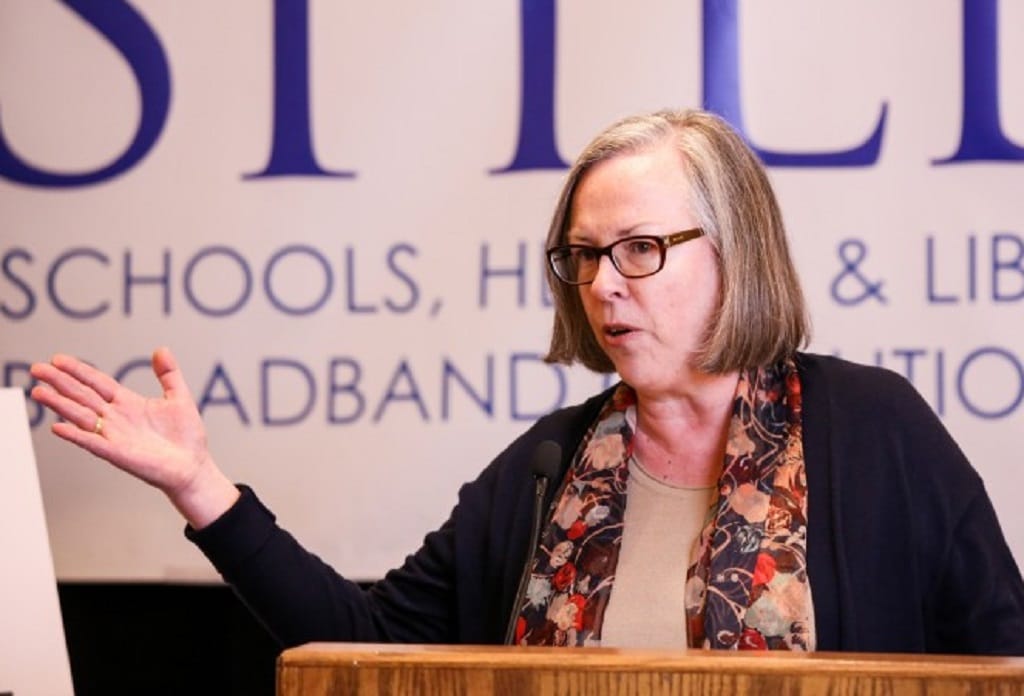FCC Extends Deadline for Lifeline Phase-out After Pressure
Associations and public interest groups said there are still many Americans using only voice services.

WASHINGTON, November 8, 2021 – After pressure from groups, the Federal Communications Commission ruled Friday that it will extend by a year the deadline to phase-out the Lifeline low-income broadband subsidy for voice-only subscribers.
The commission said in its decision that recent data show that “a persistent percentage of Lifeline subscribers still rely on voice-only support for their connectivity needs.
“Moreover, the ongoing COVID-19 pandemic provides unique justifications for continuing voice-only support, and the newly formed [Emergency Broadband Benefit] Program, which also provides support for broadband service for low-income consumers, present new considerations for the future role of the Lifeline program,” the agency added.
The commission said the pause makes sense because the EBB’s creation could help those voice-reliant people get broadband, which would then give it the impetus to phase-out the voice-only support.
The Lifeline program, which is a product of the Universal Service Fund, provides a $5.25 subsidy for low-income Americans who only have voice services for communications. That subsidy has been whittled down over the years, after the agency in 2016 put in place a plan to phase-out that subsidy for voice-only subscribers when it broadened the beneficiaries of the program to broadband customers. It also was set to increase the minimum service standard for mobile broadband data capacity, which was also halted as a result of Friday’s decision.
Industry pressure to suspend phase-out
Friday’s decision comes after pressure from associations and public interest groups to suspend the phase-out of the subsidy, citing specific data to show that a chunk of Americans still only use voice for their communications needs.
On Wednesday, the National Association of Regulatory Utility Commissioners submitted a letter to the FCC saying the phase-out of voice-only support is “illogical on its face,” considering that low income need basic voice services to get emergency services, get a job, access medical services and communicate with the government. The NARUC estimates that roughly 522,000 Americans would’ve been affected by this phase-out.
NARUC is not just asking for a stop to the phase-out, but a reinstatement of the full subsidy, which was once $9.25 and been gradually reduced over time.
The National Tribal Telecommunications Association and the NTCA Rural Broadband Association had also urged the FCC to reconsider the move, as well.
Previously, the executive director of the Benton Institute for Broadband and Society, Adrianne Furniss, said in a Broadband Breakfast op-ed in September that such a move would harm nearly 800,000 low-income people and urged the agency to pause the phase-out.








